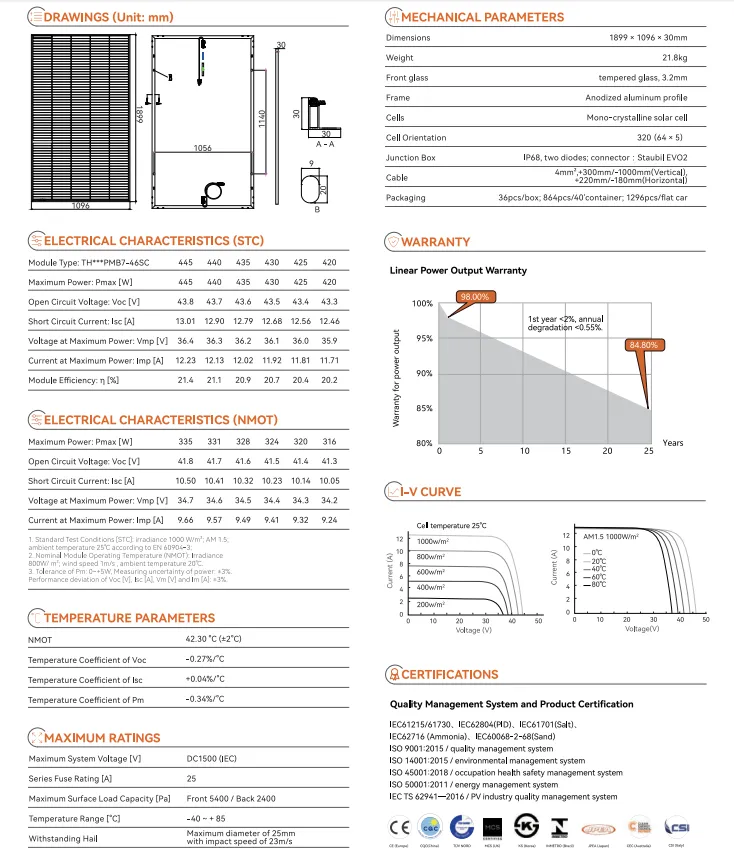kwh per solar panel
The Efficiency of Solar Panels Understanding kWh per Solar Panel
As societies around the world strive for greener energy solutions, solar power remains a prominent option for both residential and commercial applications. A crucial metric in the assessment of solar energy efficiency is the kWh (kilowatt-hour) produced per solar panel. This measurement helps consumers and businesses understand the potential energy output of their solar installations, guiding them in making informed decisions about their energy needs and investments.
The Efficiency of Solar Panels Understanding kWh per Solar Panel
The efficiency of a solar panel is influenced by several factors, including its technology, orientation, and location. Most modern solar panels are made from either monocrystalline or polycrystalline silicon. Monocrystalline panels typically offer higher efficiency ratings (15-22%) and, consequently, a higher kWh output per panel compared to polycrystalline panels, which usually yield between 13-16% efficiency. Additionally, the angle and direction of the panel installation greatly affect sunlight absorption, impacting the overall energy production capacity.
kwh per solar panel

Location plays a critical role as well. Regions with higher average sunlight hours, such as southwestern states in the U.S., will typically see solar panels generate more kWh compared to areas with less sun exposure. For instance, a solar panel in Arizona may produce around 300-400 kWh annually, while a similar panel in a cloudier region like Seattle might generate only 200-300 kWh each year.
In addition to these factors, consumers often consider the size and number of panels installed. Each solar panel has a rated capacity measured in watts (W). Common residential panels range between 250W to 400W. To calculate the kWh produced by a solar panel setup, one can multiply the panel wattage by the average number of sunlight hours per day and then by the number of days in the year.
Ultimately, when evaluating a solar energy system, understanding the kWh produced per solar panel is vital for assessing the potential return on investment. Homeowners and businesses alike stand to benefit from solar energy by lowering their electricity bills, increasing energy independence, and contributing to a more sustainable future. As technology progresses and efficiency improves, the role of solar panels in our energy landscape will only continue to grow, ushering in an era where clean, renewable energy sources become the norm.
-
String Solar Inverter: The High-Efficiency Solution for Smart Solar EnergyNewsJul.14,2025
-
Revolutionizing Rooftop Energy with the Power of the Micro Solar InverterNewsJul.14,2025
-
Power Independence with Smart Off Grid Solar Inverter SolutionsNewsJul.14,2025
-
On Grid Solar Inverter: Powering the Future with Smart Grid IntegrationNewsJul.14,2025
-
Monocrystalline Solar Panels: High-Efficiency Power for the Future of Clean EnergyNewsJul.14,2025
-
Bifacial Solar Panel: A Smarter Investment for Next-Generation Energy SystemsNewsJul.14,2025







